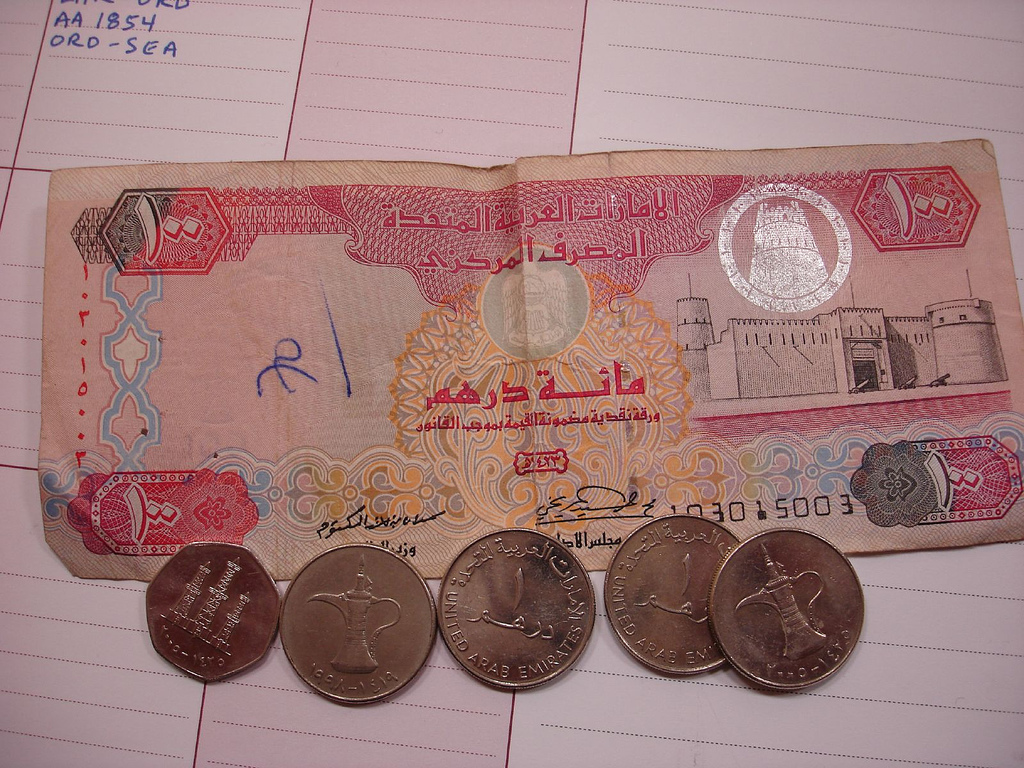
Modi and Sheikh Mohamed bin Zayed witnessed the signing of two MoUs between the Reserve Bank of India (RBI) and the Central Bank of UAE for establishing a framework to use national currencies for cross-border transactions and cooperation in interlinking payment and messaging systems, and another MoU between India’s education ministry and Abu Dhabi authorities for setting up the new IIT-Delhi campus. He then held talks with UAE President Sheikh Mohamed bin Zayed Al Nahyan at the Qasr Al Watan presidential palace. On his arrival in Abu Dhabi, Modi was received at the airport by Crown Prince Sheikh Khaled bin Mohamed bin Zayed Al Nahyan. Bilateral trade got a boost with the signing of the Comprehensive Economic Partnership Agreement (CEPA) in February 2022.

The Emirates is home to 3.5 million Indian expatriates, who account for about 30% of the country’s population. The UAE has had a special place in India’s efforts in recent years to increase its engagement in areas ranging from trade to security with West Asian states. Indian Prime Minister Narendra Modi meets Zayed Al Nahyan, Crown Prince of Abu Dhabi during his official visit in Abu Dhabi (Reuters Photo)Įducational authorities of the two sides also signed a memorandum of understanding (MoU) on establishing a campus of the Indian Institute of Technology (IIT)-Delhi in Abu Dhabi after Modi arrived in the capital of the Emirates following a visit to France.


India and the United Arab Emirates (UAE) signed agreements on trade settlement in national currencies and setting up a real-time link for cross-border transactions as Prime Minister Narendra Modi visited Abu Dhabi on Saturday to bolster cooperation in areas such as trade, energy and climate action.


 0 kommentar(er)
0 kommentar(er)
